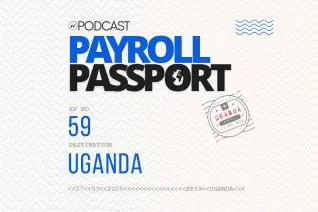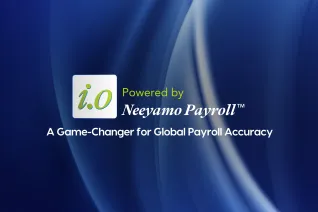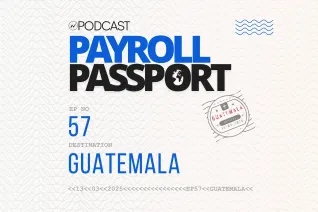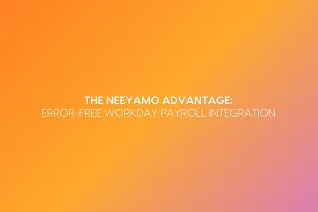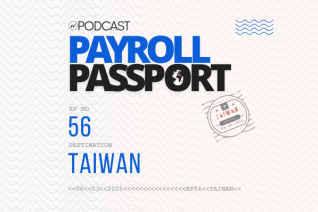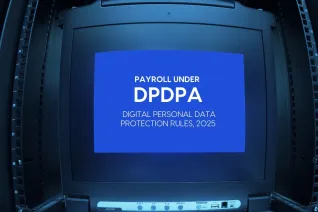Payroll Privacy in the Cyber Era: Essential Strategies for Data Security
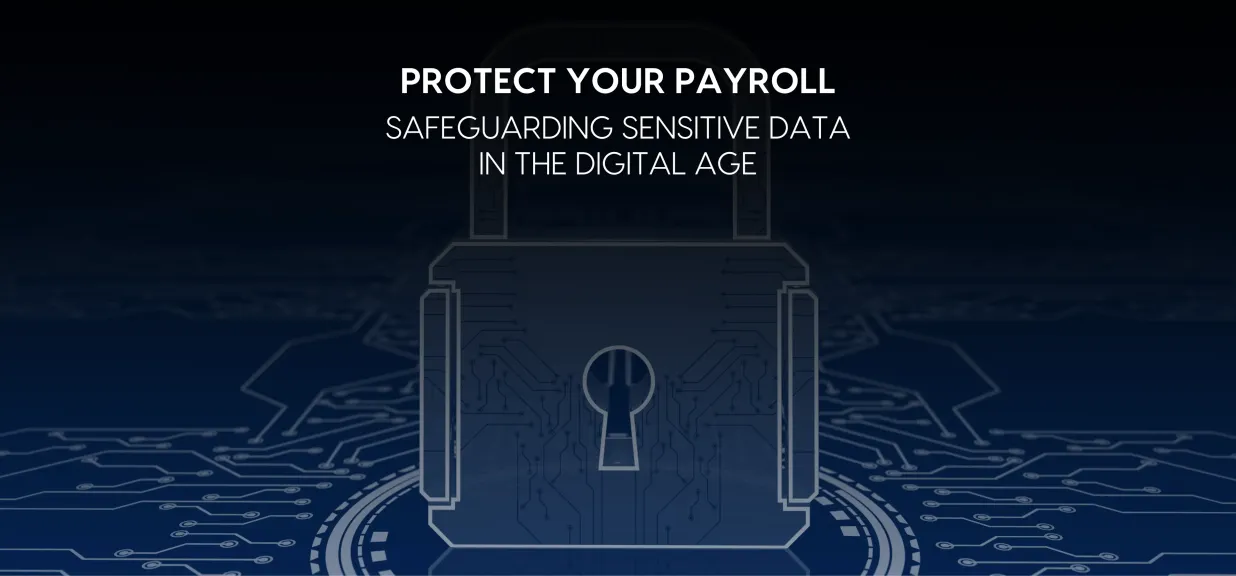
In an era when data breaches make headlines almost daily, one critical area often goes unnoticed: payroll security.
Imagine the chaos if your employees' most sensitive information – social security numbers, bank details, and salary data – fell into the wrong hands. It's not just a nightmare scenario; it's a genuine threat that companies in all different industries need to be wise to.
In 2023, the overall number of data compromises in the U.S. was 3,205 – 73.7% of which were due to cyberattacks.
But why is it so important to protect sensitive data, and what can you do to prevent scammers and cybercriminals from accessing your payroll systems? Let’s take a look.
Why protecting sensitive information matters
Sensitive information, such as employee data, is a goldmine for cybercriminals. A breach in your payroll system can result in identity theft, financial loss, and significant stress for your employees. Legally, the consequences of such a breach can also damage your company’s reputation and lead to serious repercussions. Data protection laws in the U.S. mandate stringent measures for safeguarding personal information, and non-compliance can result in hefty fines and legal actions being taken against your company.
Maintaining a robust and secure payroll system also helps to ensure the financial integrity of your business, as without it, payroll fraud is a significant risk. Unauthorized access to payroll systems can lead to fraudulent transactions, ultimately causing financial loss for the company. By installing secure payroll security measures, you can help prevent such incidents and protect the future of your business.
ALSO READ I The Role of Cloud Management in Enhancing Payroll Security and Efficiency
Key features of a secure payroll system
A secure payroll system will have multiple layers of security and authentication to avoid any fraudulent access to its data, as well as various measures in place to educate employees. This helps to reduce human error, which can sometimes lead to cybercriminals gaining access to sensitive information. Some key features to implement include:
- Encryption: This is the backbone of data security. Ensuring that all sensitive data, both in transit and at rest, is encrypted can significantly reduce the risk of unauthorized access.
- Multi-factor authentication (MFA): Implementing MFA adds an extra layer of security. This requires users to provide two or more verification factors to gain access to the payroll system, usually on separate devices or accounts, making it much harder for unauthorized users to breach the system.
- Auditing: Regularly auditing your payroll system helps in identifying vulnerabilities before they can be exploited. Continuous monitoring can also alert you to any unusual activities, allowing for immediate action to be taken.
- Restricted access: Not everyone in your organization needs access to payroll data. Implementing strict access controls ensures that only authorized personnel can access sensitive information, reducing the risk of internal fraud and data breaches.
- Training: Human error is often the weakest link in cybersecurity. Unfortunately, cybercriminals are becoming more sophisticated in their attacks, and spotting fraudulent activity can be difficult. Regular training sessions for employees on the importance of data protection and best practices can go a long way in enhancing payroll security.
YOU MAY ALSO LIKE I Securing Your Payroll in the Cloud: The Importance of CSA STAR Assessment
Best practices for payroll security
There are several best practices when it comes to payroll that can further protect your business and its data. Ensure that your payroll software is always up-to-date with the latest security patches, as cybercriminals will often exploit known vulnerabilities in outdated software. It’s important to also regularly back up payroll data – and store the backups securely, too. This way, in the event of a breach or data loss, you’ll be able to quickly recover the data.
Many businesses use third-party payroll services, but it’s crucial to verify that these adhere to high-security standards. To stay on top of your security and its efficiency, be sure to conduct regular reviews to check the protective measures you’re implementing are robust and up-to-date.
Safeguarding your company and employees
Incorporating robust security measures into your payroll system isn’t just about protecting sensitive data; it’s about safeguarding your company’s reputation, complying with legal requirements, and ensuring the financial integrity of your organization. By taking proactive steps to secure your payroll system, you can mitigate risks and build a safer, more secure working environment for everyone involved.
Remember, safeguarding sensitive information shouldn’t be viewed as a tick-box exercise. Companies need to make an ongoing commitment to constantly review and improve their processes, as cybercriminals find increasingly sophisticated methods to access this data. By understanding the key features of a secure payroll system – including encryption, MFA and employee training – your company can take the necessary steps to protect this important information. Stringent cybersecurity measures can be the difference between success and failure for businesses of all sizes; make positive changes today for a more secure future.
Neeyamo Payroll offers advanced security solutions to protect your sensitive data. With our robust encryption, multi-factor authentication, and regular security audits, you can trust us to safeguard your company’s financial information. To learn more about how Neeyamo Payroll can help you secure your payroll system, reach out to us at irene.jones@neeyamo.com!
Latest Resources
Stay informed with latest updates
If you're curious and have a thirst for knowledge pertaining to the HR, payroll, and EOR universe, don't miss out on subscribing to our resources.



